Saturday, May 30, 2008
“It sounds like they’re taking snowboard lessons up there” were Paul’s first words to me this morning as we listened to the scratching and sliding on our tin roof. A pair of doves has made a nest under our eaves and just after dawn every morning they and a group of their friends land on our roof to add their cooing to the symphony of morning sounds.
Since we were up so early and there was slight cloud cover we decided to take a long walk in the countryside. Today is the start of a 3 day weekend for the clinic staff. Madaraka Day is June 1st and celebrates the day in 1963 when Kenya gained its independence from Great Britain. On holidays and weekends a skeleton crew is left in the compound to take call for emergency medical care and this morning, as we left for our walk we saw the clinician on call attending 2 sick patients. We were told one arrived the night before and a third had been driven just after daybreak to the hospital in Migori by one of the clinic drivers. As is often the case in ER’s across the US, holidays can be busy times at our facility.
A woman was sitting at a small table near our
front gate with 2 children selling bananas, tomatoes and mangoes. Dozens of women were already at the lake washing clothes, dishes, children and themselves. As we walked on the road leaving Matoso we saw women cooking on outdoor braziers, working the fields, herding goats and cows, carrying heavy loads in their arms, on their backs and heads.

Families who live away from the lake have to carry water to their compound for cooking and drinking and this chore falls to the women. One woman told us she makes the trip at least 3 times on a typical day using a bucket that once held 17 kg of lard. That means she carries water that may weigh about 37 lbs on her head walking uphill three times every day. It gives new meaning to the phrase “women’s work” doesn’t it?

As we arrived at
Lidha Beach and made the loop heading toward home along the lake we saw women drying tiny omenna fish that had been caught the night before.
Another woman was sitting on a large flat rock above her family compound making flour out of dried cassava root using a method that is probably the same technique used since the beginning of time.
She ground it once using a rounded rock in her hand, then sifted it using a wooden box with a screen on one side and repeated until the flour was just the right consistency. Can you 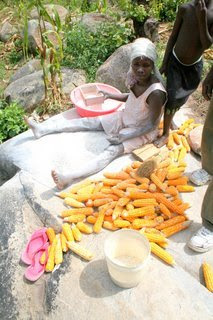 imagine sitting in the sun of the equator for the better part of a day just to make flour?
imagine sitting in the sun of the equator for the better part of a day just to make flour?
This blog isn’t meant to minimize or negate the contribution that men make to their families. But in Africa, as in so many other places around the world, women’s work goes from sunrise to sunset and is the glue that holds the family and community together. So today we give these women their due in words and photos.


































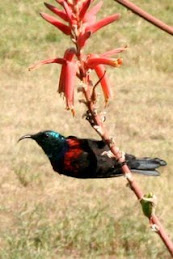
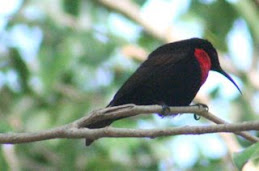
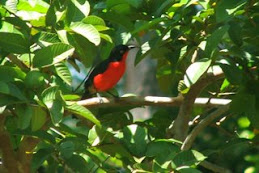
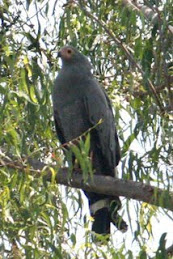






































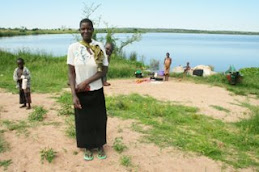

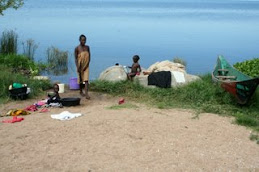

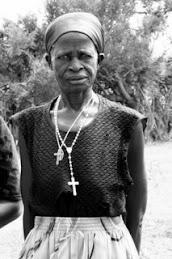






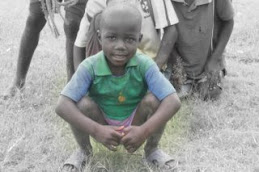


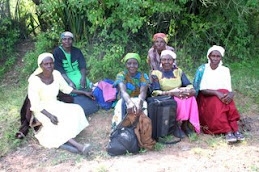

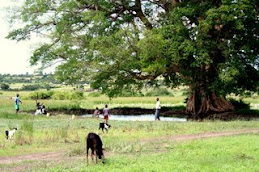
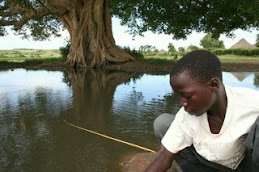
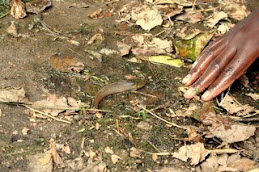



























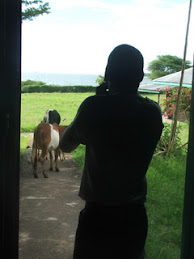

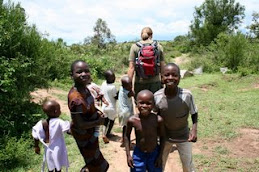











































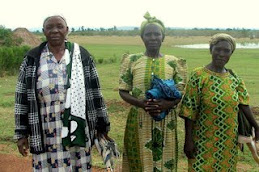

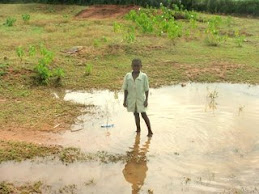





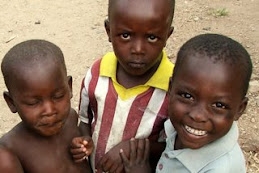


















No comments:
Post a Comment